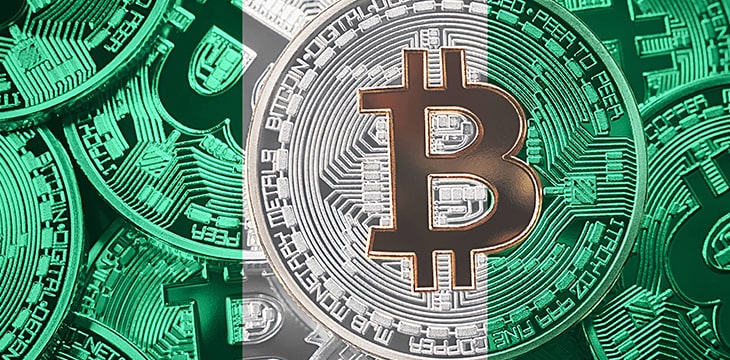|
Getting your Trinity Audio player ready...
|
Nigeria’s securities market regulator is working with the country’s central bank to forge a way forward for the embattled industry. The Securities and Exchange Commission acknowledged that a recent ban by the bank had disrupted Nigeria’s digital currency industry, while pledging support to promote innovation in the nascent industry.
Nigeria is the world’s second largest peer-to-peer digital currency market and the leader in Africa. However, a ban by the Central Bank of Nigeria (CBN) on digital currency-related banking services has threatened to stifle its rapid growth. CBN claimed that the ban was to protect Nigerians from the risks that digital currencies pose, such as money laundering and terrorism financing.
Nigeria’s SEC has now revealed that it has been seeking to find a way around the ban, working with the banking watchdog. Lamido Yuguda, the SEC director general, revealed his organization’s efforts while speaking at a recent virtual capital markets industry event.
“We are in discussion with CBN for both understanding and better regulating of this market. We will be able to come back to you later to inform you of the outcome of these engagements,” he told the attendees.
The SEC head pointed out that the ban has had a drastic effect on the digital currency industry. “In the area of crypto assets, you know that with the recent prohibition by the CBN on access to Nigerian bank accounts by crypto exchanges, that market has been disrupted. Remember that nobody operates in the Nigerian capital market if that person does not have access to a Nigerian bank account,” he noted.
Before the unexpected ban by the CBN, the SEC had been working on a regulatory framework for the industry. However, the ban disrupted this process. The regulator is now focusing on ensuring the banking ban is lifted before it can turn its focus to its earlier mandate.
“Because of the lack of access to commercial bank accounts, we had to suspend our own guidelines of September 2020. The implementation of that circular is suspended until these operators are able to have access to Nigerian bank accounts.”
Yuguda remains optimistic that the two regulators will be able to resolve the banking issue, allowing Nigerian innovators to take advantage of BSV and other digital currencies to power new and more effective financial systems.
As CoinGeek reported, digital currency startups in Nigeria have been facing one hurdle after another as the government continues to clamp down. The latest is the loss of their access to the country’s ubiquitous KYC system, the ban verification number (BVN). Digital currency—and other fintech—startups now have to incur extra costs to perform one of the most critical onboarding processes.
See also: CoinGeek Live panel, Digital Currency & Global Compliance: Tools & Tips for Exchanges, Wallets & Other Service Providers

 02-22-2026
02-22-2026 




